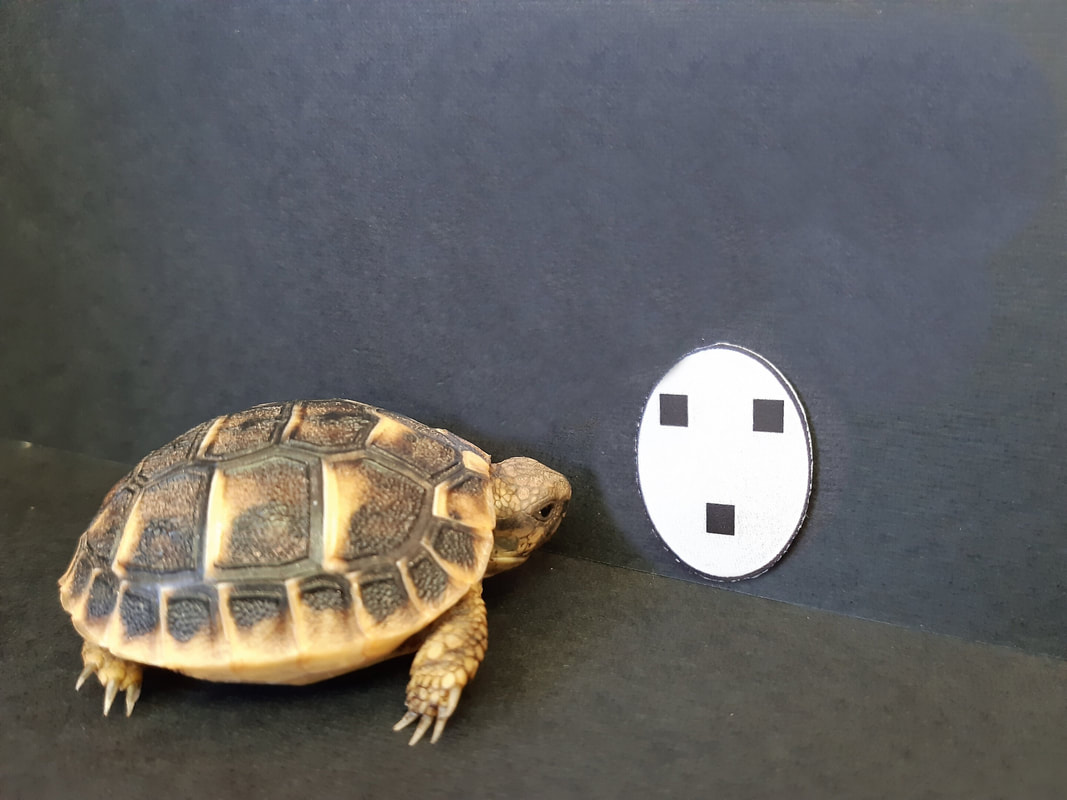In one sense, that word is a standalone comment. Nothing further needed. Simply say the word and from the depths of the brain a reaction emerges in facial expressions, dismissive derision, and vehement argumentation. It’s always been that way. Emperors, kings, and popes have felt the force of the word become reaction: Assassinations, coups, challenges of every kind. Politics, nothing further needed than the word.
Politics.
The twenty-first century version doesn’t differ in kind from any past political interactions. But in degree? Well, that’s a matter of perspective, isn’t it? For those living in the present and living without respect to history, the politics of the day comprise a “Time of Signs,” an end-of-world-as-we-know-it scenario, maybe even the apocalyptic end. But historically, there are always analogs: The overthrow of the Soviet Union; before that, the overthrow of the Tzar; before that the overthrow of…let’s go way back, the overthrow of Roman emperors like Carausius (293 B.C.), Aemilianus (253 B.C.), Julius Caesar (44 B.C.), Avidius Cassius (175 AD)… in total 28 emperors lived in such politically tumultuous times that they were assassinated. And we could go through the politics of every century during the past four millennia to find similar contentiousness.
These times aren’t a “Time of Signs” as some say. I know, you might ask how I could know that. No one, not even the famous Nostradamus, can really read such “signs.” What’s apocalyptic short of an all-out nuclear war or a comet/asteroid impact? Billions of people have been killed in the turmoil of the last 250,000 years. An uncountable number of political leaders lived—and died—in turmoil. For each of them, yes, the times were end times: Personally apocalyptic. But the species continued, even proliferated.
Yet, in the politics of every place and every time, people see signs that portend the ominous. Two world wars indicated the widespread nature of modern politics. Maybe more people are aware, and more are stirred emotionally through widespread media, a process that began with gossip, town criers, newspapers, and now electronic media. Read in Asian newspapers about the politics of the Americas; read or view electronically in the Americas about European or African politics. Local politics have become more global over the past century. That’s the sign of the times. And when more people are involved, the chance of greater turmoil increases.
Political turmoil. It is the sign of every time. It rarely abates. And that’s evident in political debates.

 RSS Feed
RSS Feed